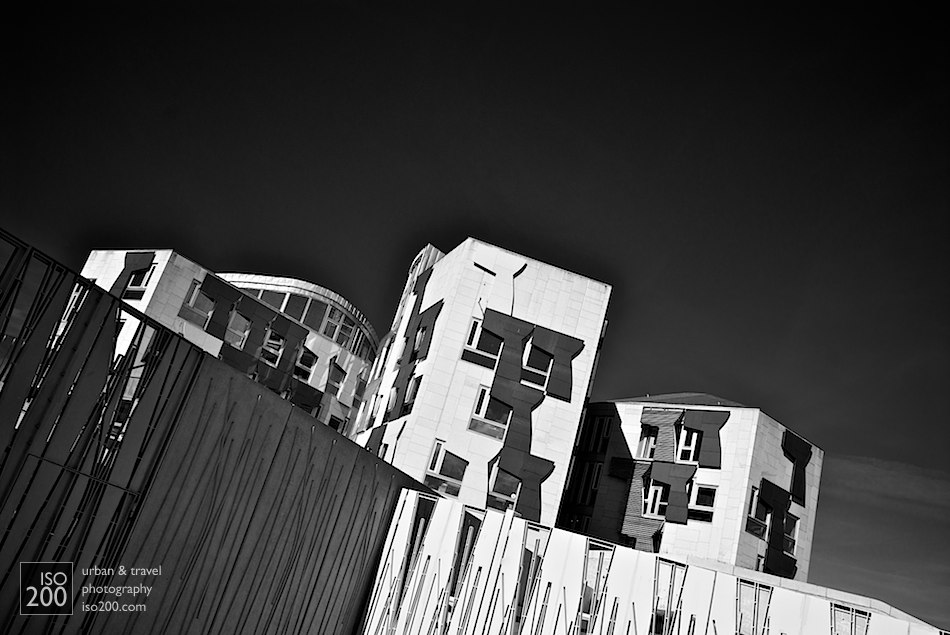
Scotland’s independence ‘debate’ has been a bit of a damp squib so far – marked by the usual suspects arguing about the usual things, with (mostly successful) attempts by vested interests to set the agenda of what little debate there has been, and with a general lack of engagement with citizens, businesses and communities. To me, what’s rather strange about this process so far has been the emphasis on two types of things: on discussions about process/procedure, and on the future of what are currently pan-UK institutions – the the monarchy, defence, the BBC etc.. What is yet to happen is any real discussion about the myriad other ways in which Scotland might change post independence.
The place of cities: would urban Scotland be any different after independence?
Scotland is an urban country: 70% of Scots live in urban areas. Despite the importance of rural Scotland, the majority of impact of independence will be felt by urban Scots. So what will this impact be? Will there be any? Does anyone care either way?
Four basic questions come to mind. Will we manage our cities differently? Will we govern them differently? Will we go regional, and how will we make our cities work together?
1. Will we manage our cities?
Local authorities don’t appear to be particularly interested in Scotland’s urban areas. Sure, they provide various services and empty the bins, but you dont really feel there’s much of an interest in Scotland in how our cities do (or don’t) work. Will that change? Is it the job of the national government to think big thoughts, or should we expect more from our cities? Anyone who has dealt with local government probably has their own tales of organisations that are far more inward-looking than they should be, where departments still don’t work together, and where 20th century levels of customer service are still very much a thing of the future. How should our cities work in the 21st century?
2. How will we govern our cities?
Most of Scotland’s local authorities seem to be mostly passive organisations who often struggle to do what’s expected of them by government, businesses, communities and citizens, and who are uncomfortable with ‘the vision thing’. Is this what we want from our cities? Are there too many local authorities? Is there too much duplication of services? In a country the size of Scotland, do we really need 32 different systems delivering the same Housing Benefit…?
3. A new regionalism?
Most regional forms of government/organisation in Scotland were abolished by the Local Government etc. (Scotland) Act of 1994. One of the big opportunities of independence (or devo-Max) is to ask whether current organisational arrangements in Scotland are fit for purpose and if we need to develop new regional structures, and how to reform local government. We’ve already seen the forced merger of the Scottish Police forces and the merger of the Fire Brigades. What’s next?
4. A new era of urban co-operation?
Will our cities start working together? Eyes were raised in the 90s when managers were hired to try and get Edinburgh and Glasgow to start working together. What will make our cities start working together?
The place of cities in Scotland
But all this just skirts around the bigger question: what is the future of urban Scotland? Do we even recognise that we need to think about Scottish cities? Or will we do nothing and hope for the best?